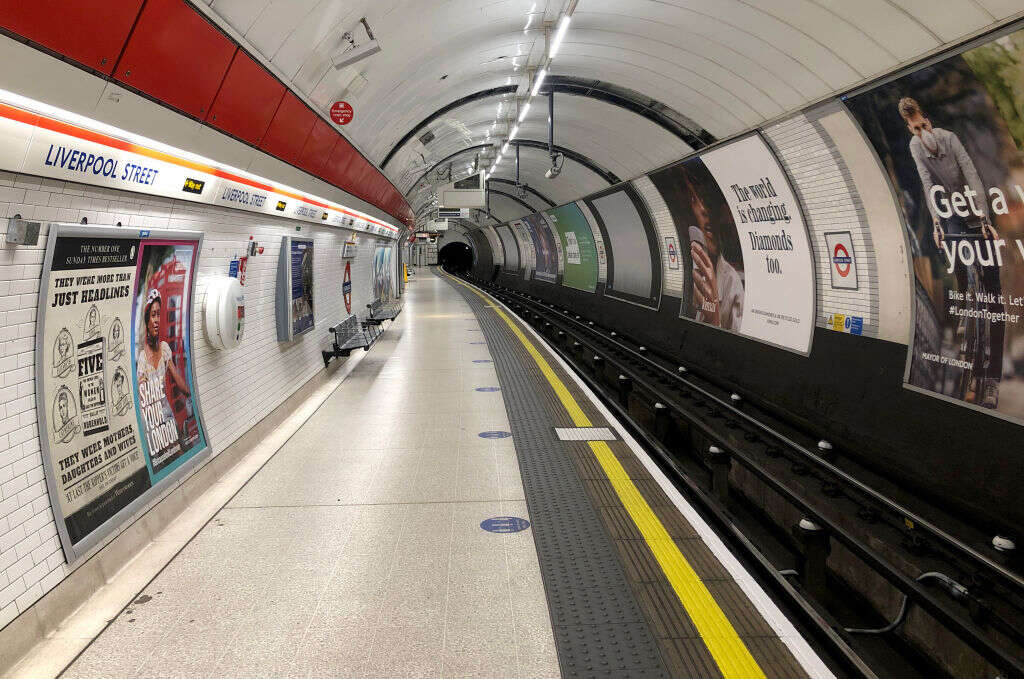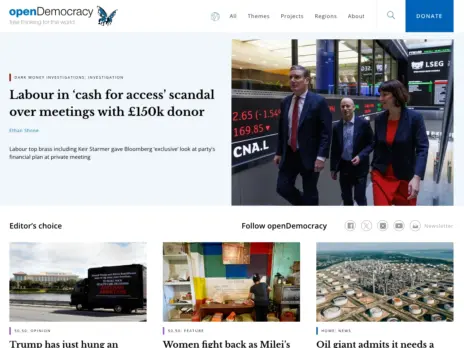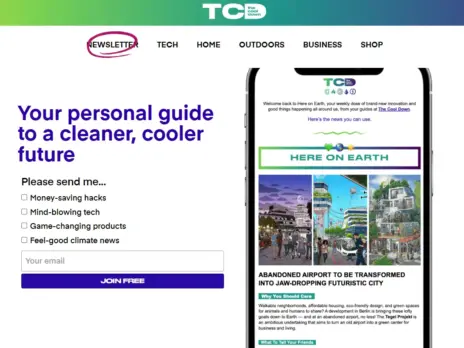
Reading the near-600 responses to our survey looking at one year of lockdown for the news industry, some contradictory themes have emerged.
Last month we asked our 10,000 newsletter subscribers what the biggest challenges have been over the past year and what have been the biggest lessons/benefits – and often two sets of responses have seemed like different sides of the same coin.
Freed from the tyranny and distractions of the open-plan office many news industry professionals feel they are more productive.
But others find they lack motivation at home and badly miss human interaction.
While some express bafflement that they ever wasted so much time and energy commuting into a physical office, others say they have realised anew the importance of team working and physical proximity.
One thing, however, is certain. The newsroom and office as we knew it will never be the same again. It seems likely that for many, travel to the office (and elsewhere) will be done when there is a reason but not for the sake of it as was the case in the past.
The spell has been broken and nearly all seem to feel that a hybrid remote/office model will be the norm in future.
Many also say they have learned a huge amount about themselves, their jobs and the balance between home and work and life over the past year.
Here are some of the key themes that have emerged from our survey.
Read the full headline Press Gazette journalism under lockdown survey findings here.
Q: What has been the biggest challenge of lockdown?
Communication and isolation
One of the biggest challenges raised across the board concerned the lack of face-to-face meetings, which many reporters still see as an essential way of building trust and getting the most out of contacts and sources.
One manager said: “Managing a team remotely has been challenging, particularly for new hires who’ve never met me in person. All my people are dealing with various hardships and it’s tougher to support them.”
The importance of communication was a theme that came up again and again.
One respondent bemoaned the “lack of informal discussions”, “lack of face-to-face interaction, lack of mental stimulus, lack of variety”.
One national press respondent said: “I am a foreign news freelance, so have had to work on UK news and remotely foreign. I am old school journo so not being on a patch and free to move has had an impact…”
Others said challenges included:
“Trying to have sensitive conversations/developing sources over the telephone…”
“Having fellow subs and reporters within hollering distance…”
“The lack of press events which add new perspective to working hours spent mainly working alone…”
“Putting together a newspaper using Google hangouts, Zoom, email and the phone is enormously challenging. You realise how many thousands of conversations you have daily. Nothing beats being able to physically look over someone’s shoulder at a page.”
Motivation versus overwork
Motivation was another key theme, underlining the need to keep channels of communication open to ensure colleagues remain inspired.
One B2B/specialist journalist said their biggest challenge was: “Remaining motivated and having confidence in my abilities when not surrounded by colleagues.”
Another respondent said their biggest challenge during lockdown was: “The tedium and inertia. Every day seems like the one before.”
Others said of their biggest lockdown challenges:
“I need more structure to my work and days than I realised before. Without firm boundaries, I spend all my time either working or thinking about work now.”
“Staying motivated given I am no longer having inspirational meet-ups with contacts, small talk at conferences and chatter with colleagues. I cover health so at times it has been just holding on to the tiger’s tail with news by government press release with little oxygen for important issues.”
A challenge many expressed was “avoiding overworking” and creating “clear boundaries”.
Lessons and positives seem to at least balance the challenges.
[Read more: National press ABCs: Impact of latest UK lockdown on circulation]
Q: What has been the biggest lesson you have learned about working during the pandemic?
Journalism matters:
“The more chaos there is, the more people need independent news…”
“Life goes on. Think positive and you’ll get through the problems…”
“That we matter. I don’t mean to sound trite, but when an industry isn’t gathering at big events, we provide the way executives find out what’s happening.”
“People value our voice in their community more than we realised.”
Hybrid office/remote working is the future:
“Having others around is extremely important. However, working five days a week in an office was also crazy – it’s all about finding that balance.”
“It is vital for productivity and mental health to still work within work hours wherever possible. The natural delineation between office and home has gone but the mental separation between work and the rest of life should be maintained.”
“A hybrid model of working is ideal but needs rules and boundaries.”
“Not really learned it so much as reinforced it, but all I need is a phone and a laptop to do my job, not an office or a specific location.”
Homeworking can bring productivity benefits:
“I can do a lot more than I thought.”
“That businesses can pivot to allow remote working, the need for work computers, and how less distracting working is when your phone isn’t always ringing.”
“That commuting is energy-draining and unnecessary.”
“That my work improves greatly when I am on my own and not in an open-plan office. You can double your workload with no distractions.”
“That travelling overseas has been so often such a waste of time! (I’m a motoring journalist and if there’s no opportunity to drive the product, there’s no point in me travelling abroad to see it.)”
“It’s much easier to work from home than I thought it would be, but doing it full-time leaves you quite isolated from the company.”
“The company’s refusal to let staff work from home in the past was ridiculous, so hopefully they will listen to the staff who want to remain WFH.”
“That it’s possible to do much more remotely than I ever imagined. Why schlep to press conferences when they can all be done much more efficiently on zoom?”
“That Zoom etc. are not bad ways to meet and interview people.
Some senior people can’t adjust to new ways of working – they don’t like not being able to grandstand in the office.”
“That the office is overrated and a huge waste of time and expense.”
“Working remotely needs structure to stay productive – essential weekly/daily to-do lists. For my role I need to work that much harder to maintain contacts digitally – it’s not as easy and fun to do and feels more strained on both sides I suspect.”
“The production side of making a newspaper can be done from anywhere in the world. Different for the reporters of course, but for those of us managing, editing and placing the copy we can be anywhere, and I hope we can continue to be.”
“I need more structure to my work and days than I realized before. Without firm boundaries, I spend all my time either working or thinking about work now.”
Change has been fast, and gruelling when you don’t know where it is heading
“The ability to change is greater and faster than you expect, but it is gruelling to go through if there are no fixed destinations.”
“Trust and flexibility is more important than we think.”
“Profit before people is real and ingrained in our businesses to the detriment of the sector. We need to appreciate the people we employ, ensure they feel appreciated and make them feel safe – saying thank you and well done to someone does not cost.”
Resilience and welfare
“The most important thing I have learned professionally this year is the importance of being resilient. Adapting to new situations is not always easy but the pandemic has shown me that I can do this quickly in order to meet the needs of my readers.”
“Employee welfare – whether related to physical health, mental health or family circumstances – is not a concern of managers.”
Picture Gareth Cattermole / Getty Images
Email pged@pressgazette.co.uk to point out mistakes, provide story tips or send in a letter for publication on our "Letters Page" blog






